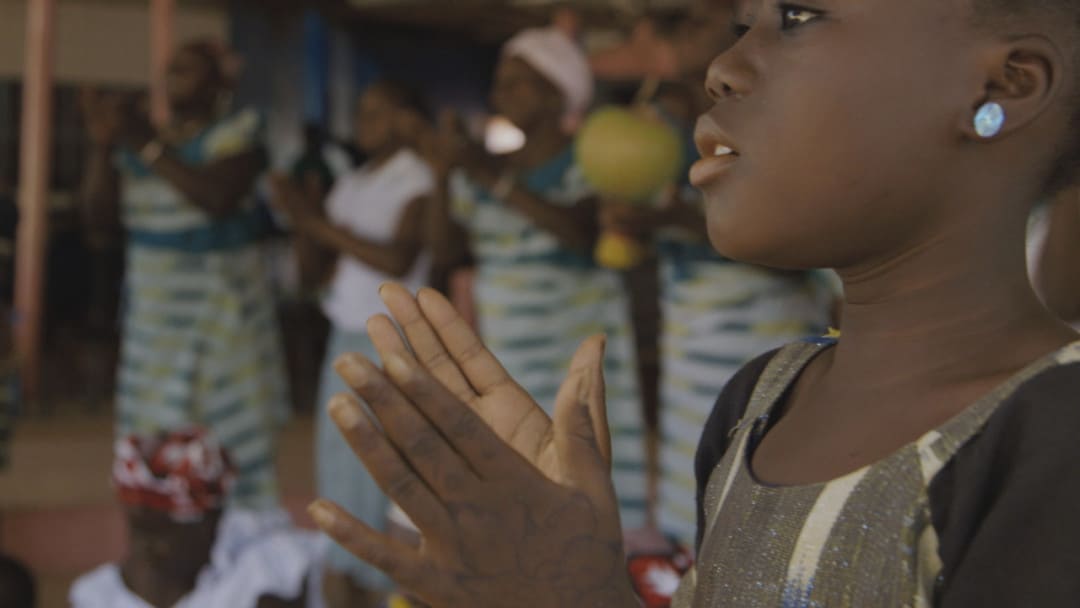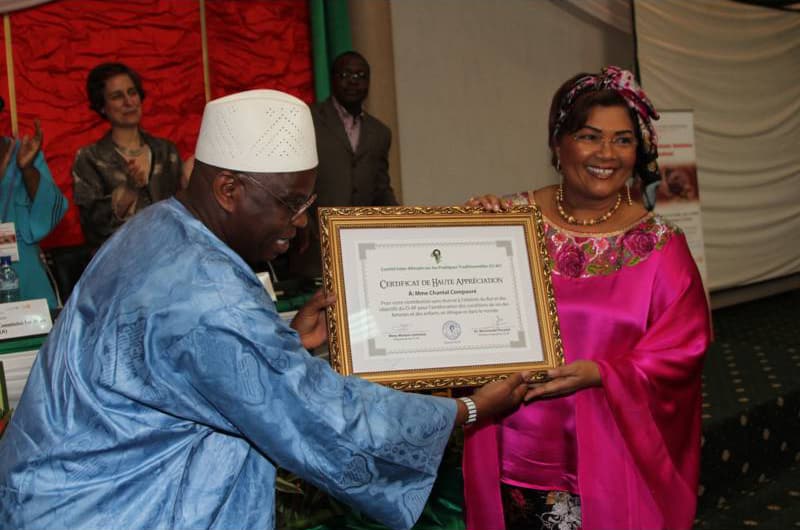Best Practices for Africa to fight Female Genital Mutilation
“ We didn’t make up this way of doing things, but Burkina Faso led that in Africa ”
Shelby Quast, policy director for Equality Now,
Key actor for British approach to FGM on Burkina Faso’s Best Practices, NPR Oct 1,2014
Leading Africa in the fight against FGM : Burkina was the first country in West Africa to protect the physical integrity of women by law.Human rights groups have recorded a tremendous drop in the prevalence of female genital mutilation since its criminalization in 1996. For the girls born in 1998, 55% were victim of Female Genital Mutilation (FGM), compared to 5% of the girls born in 2002. And, less than 0.3% of the girls born in 2014 were estimated to become victim of FGM. One African country, Burkina Faso, has proved it can end the horrific ‘child abuse’ practice of female genital mutilation (FGM) within a generation.
In 2014, FGM was about to be eradicated, thanks to the Zero Tolerance program that showed the political will to protect the physical integrity of women, not only by severe punishment by law but also by involving more than thousand people on a national, provincial and local level to change the attitudes of judges and local police along with the population.
Best Practices to fight FGM : African NGO’s, government officials and scholars involved in the fight against excision, frequently travelled to Burkina to learn best practices to prevent FGM.
In January 2014, UK Minister Lynne Featherstone visited Burkina Faso to understand more about how the country is taking action to end FGM including visiting a hotline that allows people to anonymously report planned or completed acts of cutting, observing a live radio show on Savane FM about FGM and visiting a secondary school to observe a classroom session on FGM and hear students’ views about the practice and how young people can help end FGM.
“Burkina Faso has shown great leadership and success in supporting the African-led movement to eliminate FGM and is an excellent example for the international community and the rest of Africa. I have come to visit Burkina Faso because I want to learn from these successes.”
Lynne Featherstone, U.K.’s International Development Minister, Jan. 30, 2014
This international recognition of Burkina Faso’s leadership in the fight against FGM would probably not have been possible without the unflagging determination of Chantal Compaoré, then First Lady. Since 1990, she has been an untiring warrior against this severe human rights violation. Mrs. Compaoré championed the UN resolution N°A/RES/67/146 aimed at intensifying global efforts to end FGM. On November 26, 2012, the Resolution was approved.
Presiding the biggest national NGO SUKA – child in Fulani language- her tremendous dedication and work gave birth to small surgical units and hospitals like the Clinique El Fateh-SUKA that are conducting, since a decade, repair surgery, mainly subsidized. Furthermore, they trained other surgeons in this kind of restoration surgery and hundreds of medical caretakers in curing or avoiding FGM related health problems, permitting women to have normal sexual relations and reduce less suffering while giving birth.
The West African Economic and Monetary Union officially engaged with Chantal Compaoré’s effort to repair the physical and psychological damages caused by FGM. In Ouagadougou, on November 26-30, 2012, a training session for medical caretakers from the 8-member states was held to restore the physical and psychological integrity of FGM victims.

